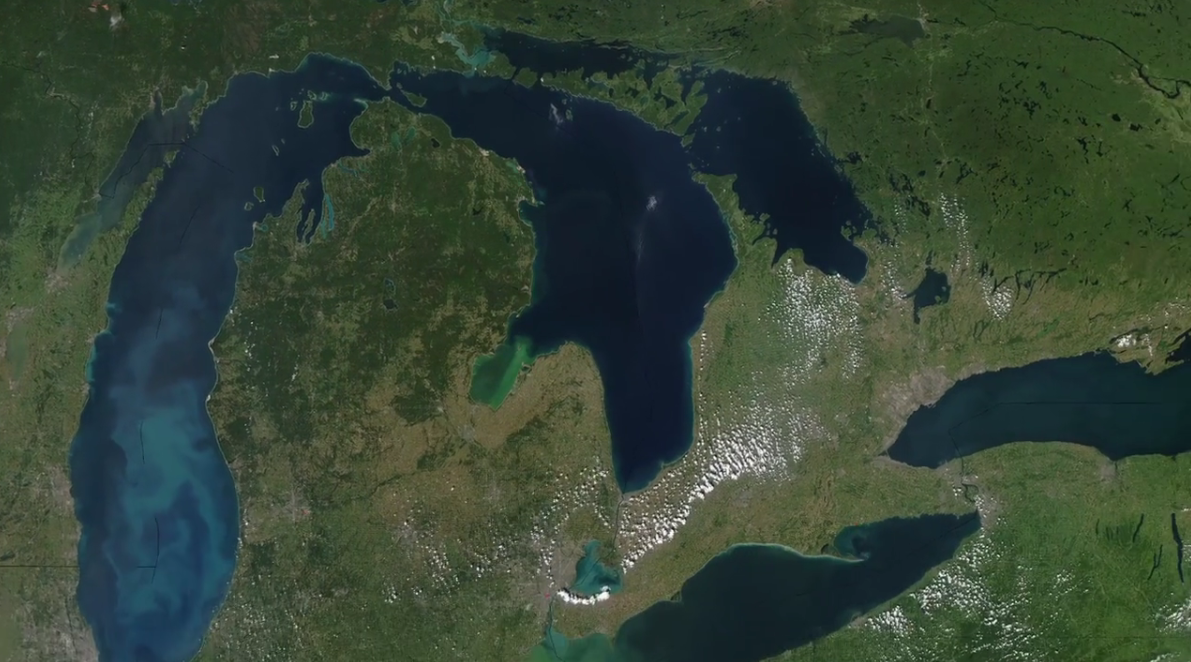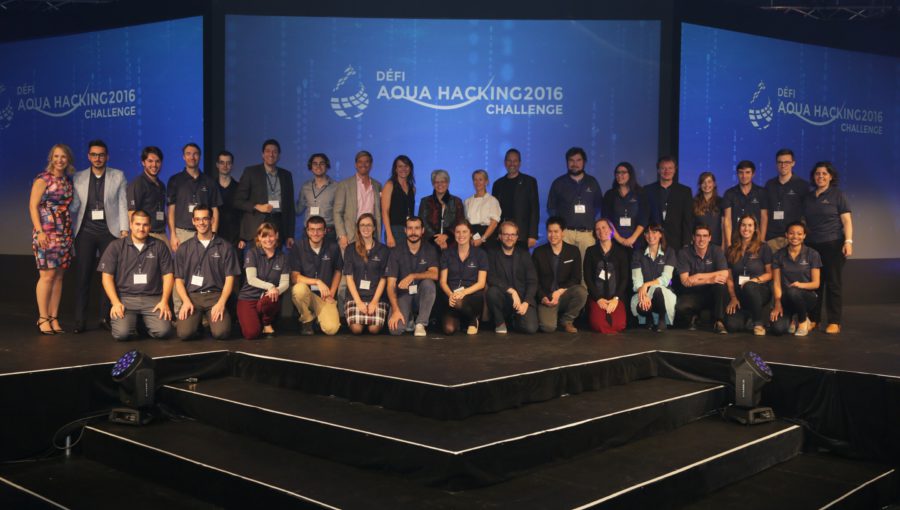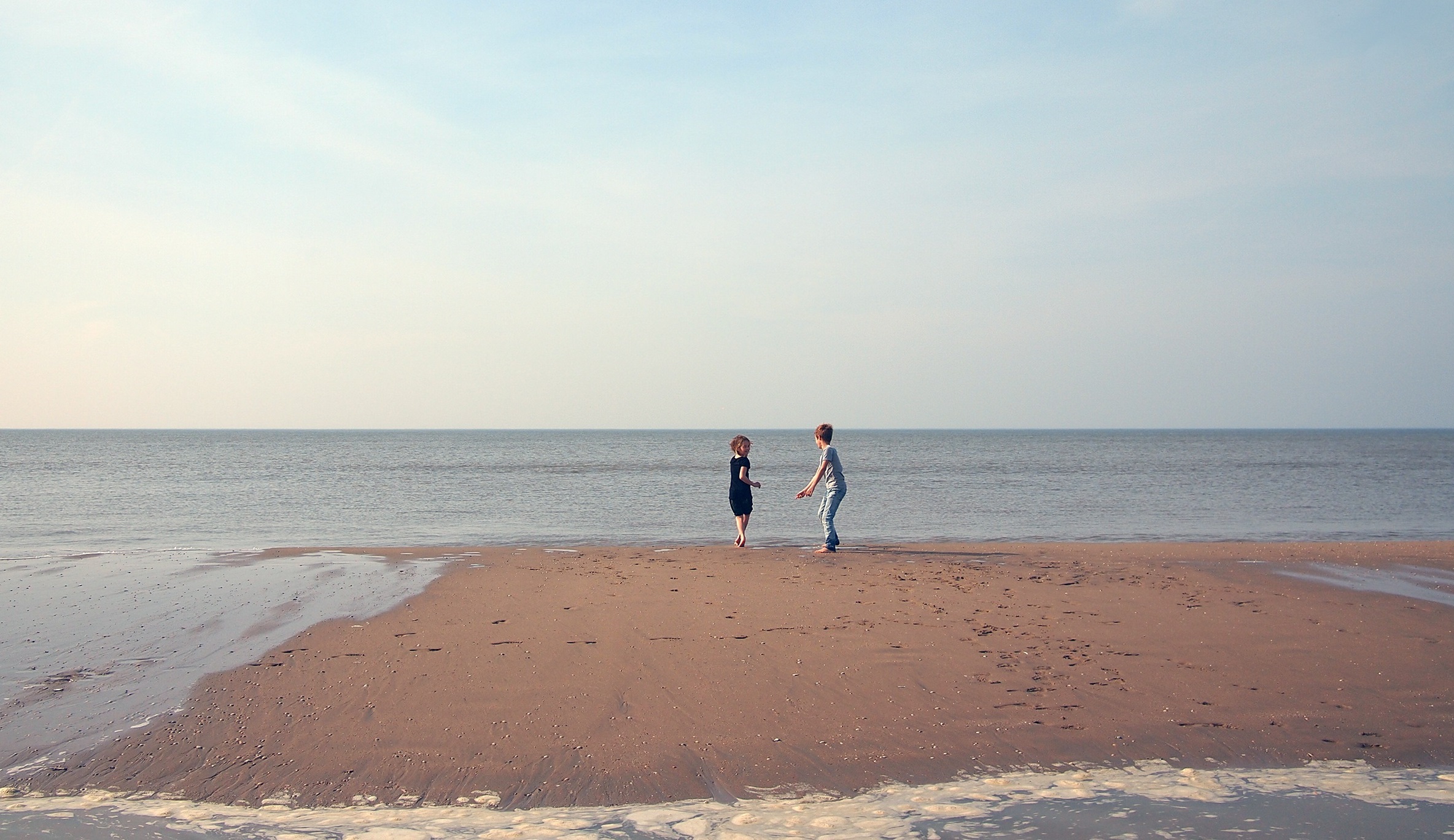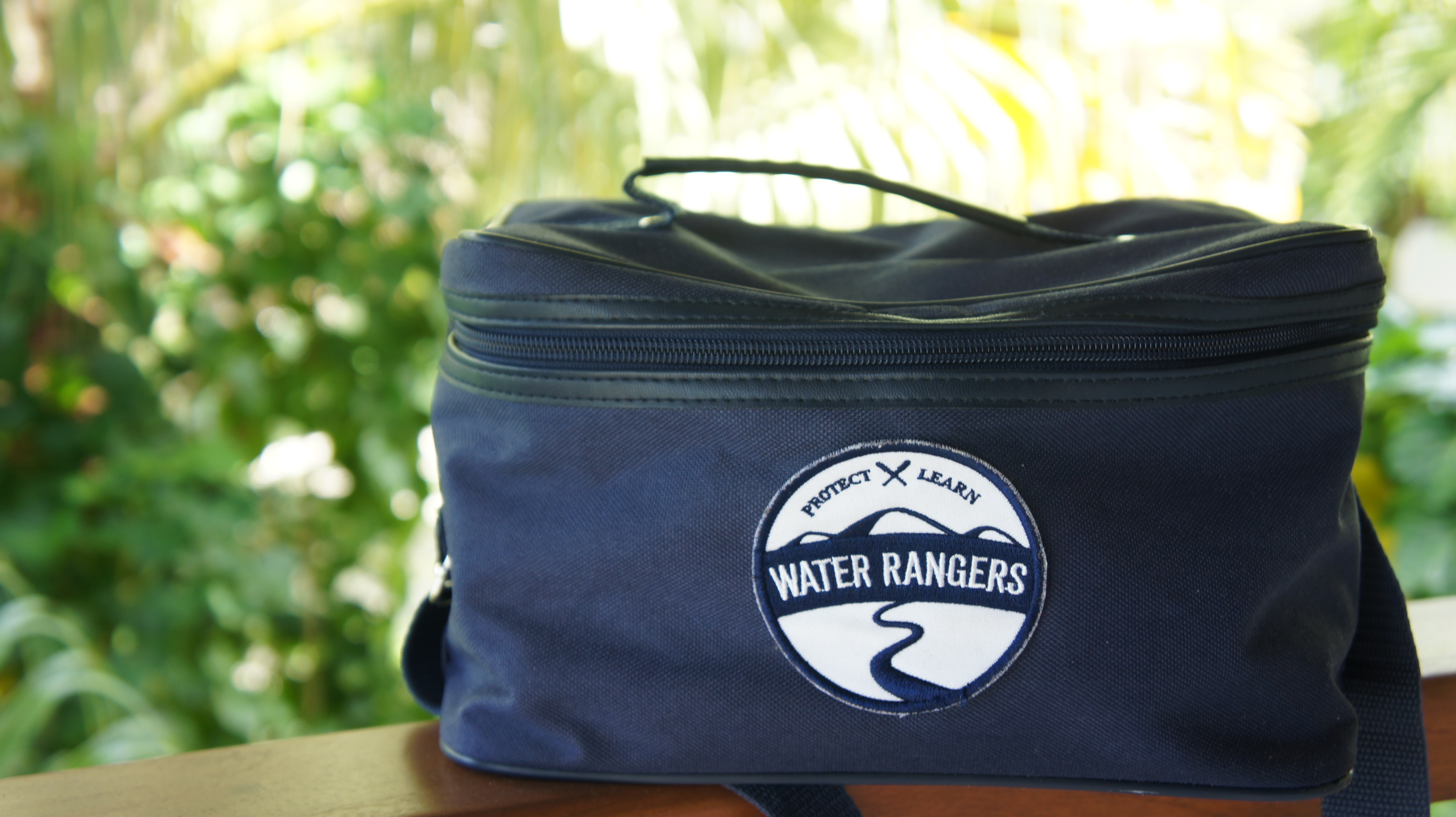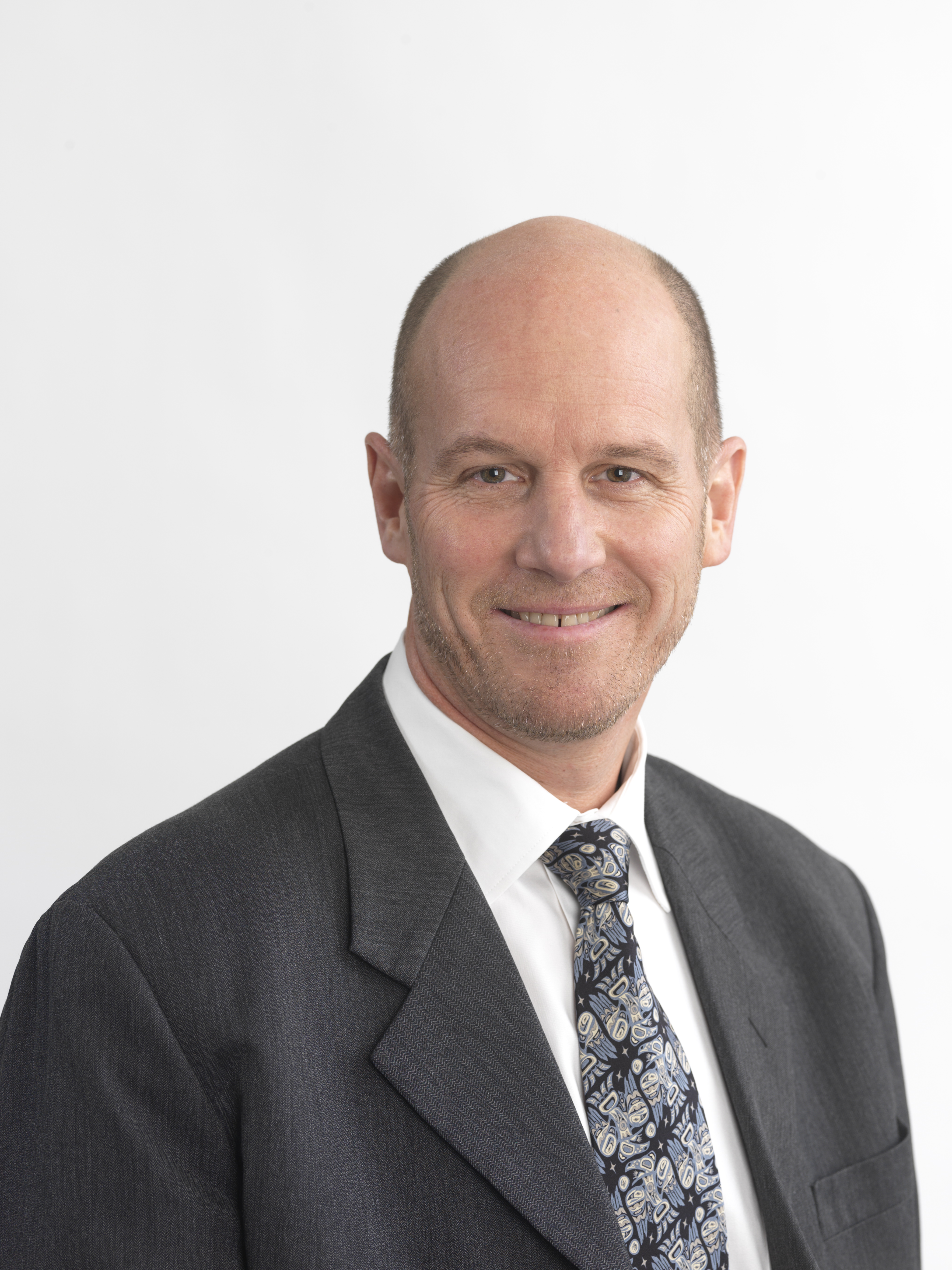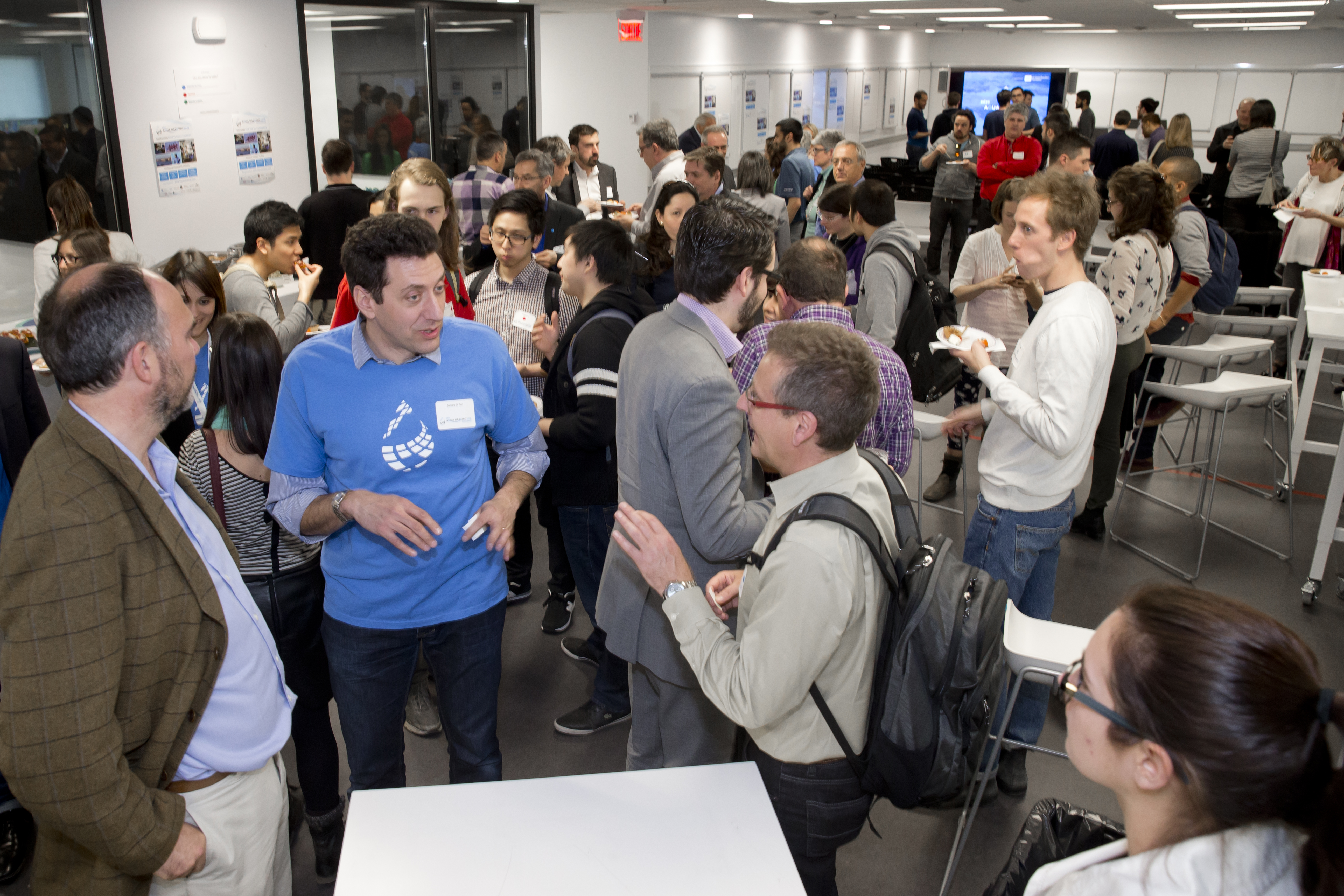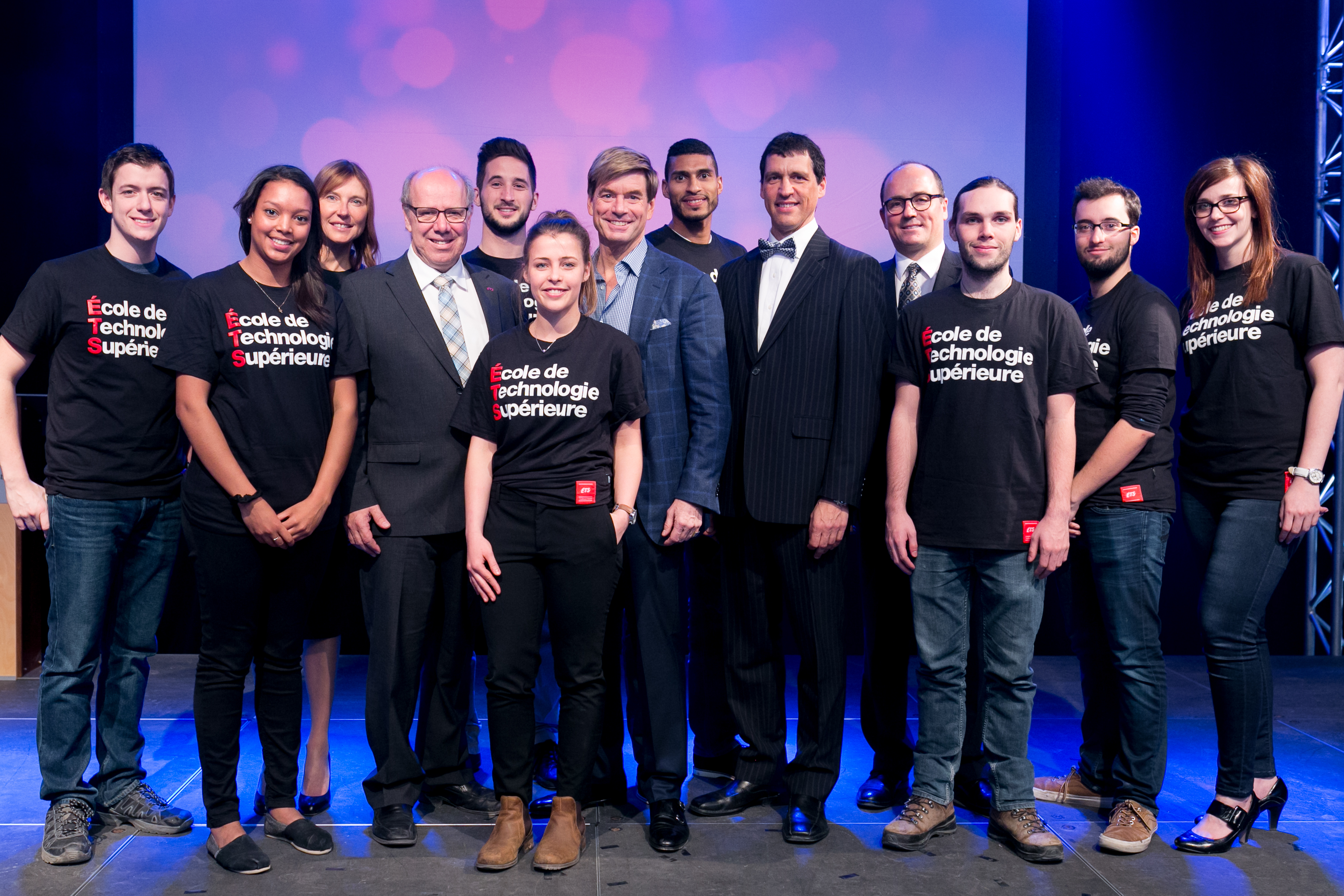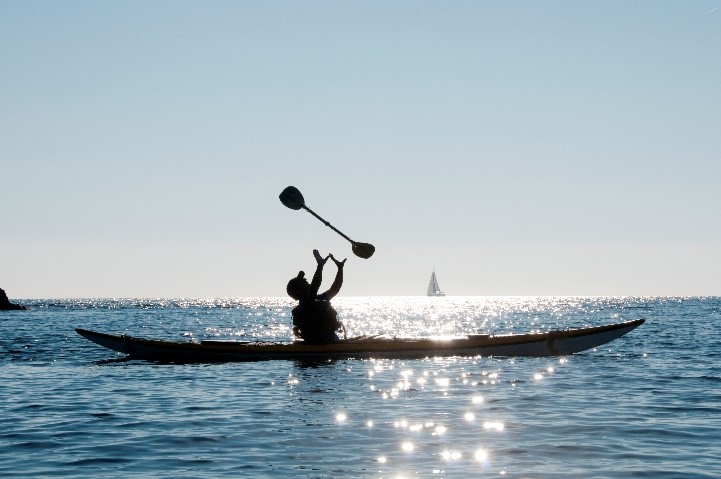The de Gaspé Beaubien Foundation and the Council of the Great Lakes Region Form Innovative Great Lakes Partnership
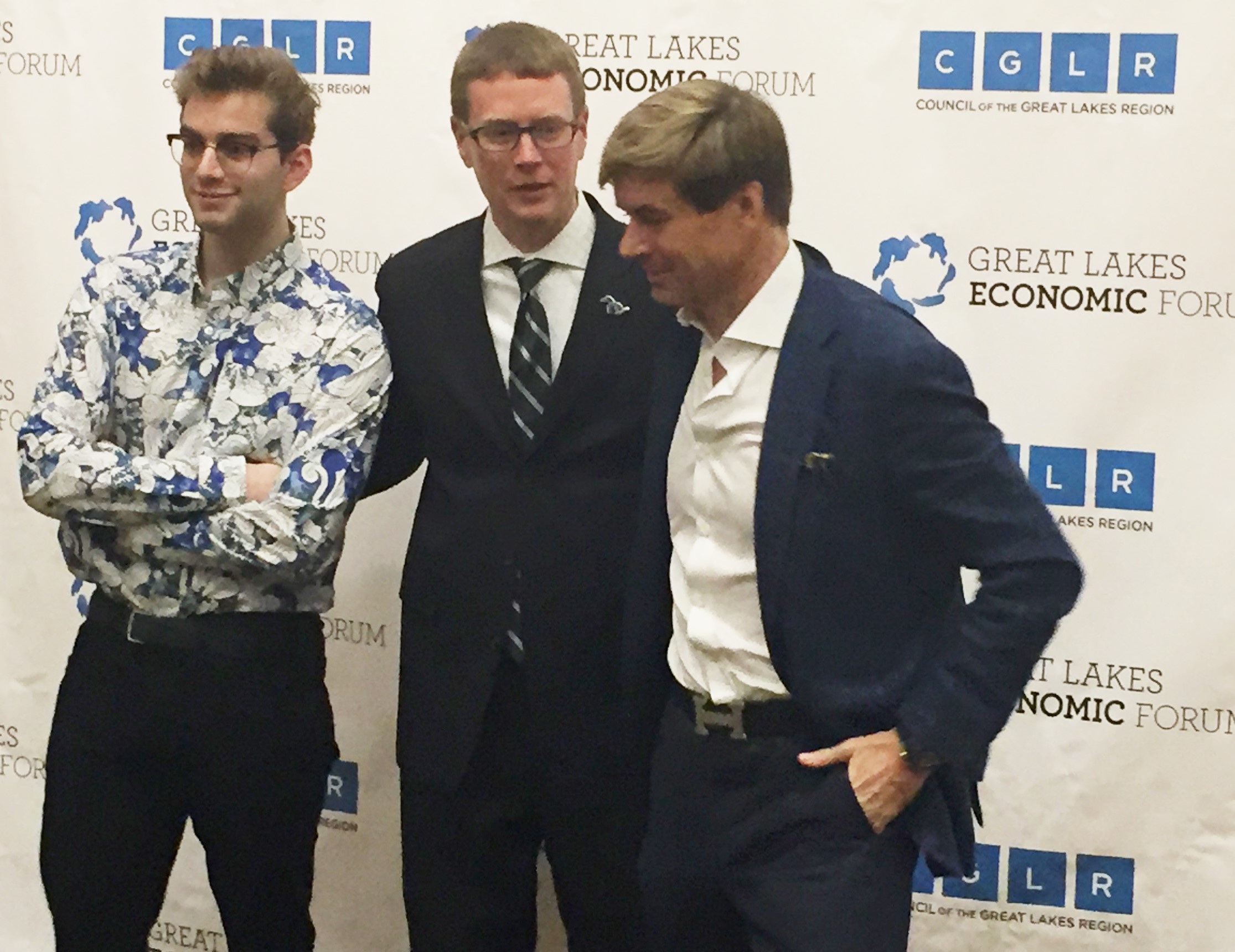
At the Great Lakes Economic Forum today, which is taking place in Detroit, Michigan, the Council of the Great Lakes Region and the de Gaspé Beaubien Foundation announced their collaborative partnership that will focus on developing the next generation of business leaders and entrepreneurs using technology and big data to protect and restore the Great Lakes.
“The Foundation’s work related to supporting and growing small and medium sized family enterprises and bringing people and innovation together for a healthier Great Lakes is extraordinary,” said Mark Fisher, CEO of the Council of the Great Lakes Region. “The partnership announced today will allow both organizations to leverage and expand their capabilities, relationships and interests in these areas in order to achieve a greater impact within the bi-national Great Lakes-St. Lawrence Region.”
“We are very pleased to be partnering with the Council of the Great Lakes Region,” said Philippe III de Gaspé Beaubien, President and CEO of the de Gaspé Beaubien Foundation. “Partnerships like this one are important to our mission of championing emerging innovation and entrepreneurship while bringing together stakeholders from multiple sectors, jurisdictions and generations to create sustainable change within communities.”
Over the next three years, the organizations will collaborate to fulfill their joint mission of protecting and restoring the bi-national Great Lakes and St. Lawrence Region by harnessing its economic strengths safely and sustainably.
Contacts:
Mark Fisher, President and CEO; Council of the Great Lakes Region; mark@councilgreatlakesregion.org
Claude Perras, Executive Director; De Gaspé Beaubien Foundation;c.perras@fondationdegaspebeaubien.org
About the Council of the Great Lakes Region
The Council is a non-partisan, non-profit, bi-national organization committed to deepening the United States-Canada relationship in the Great Lakes-St. Lawrence Region, defined by the border states of New York, Pennsylvania, Illinois, Michigan, Minnesota, Ohio, Wisconsin and Indiana and the provinces of Ontario and Quebec. The goal of the Council is to create a stronger, more dynamic culture of collaboration in harnessing the Region’s economic strengths while enhancing the well-being of its citizens and protecting the environment for future generations. It’s where the region comes together as one.
About the de Gaspé Beaubien Foundation
The Foundation is a multi-generational family foundation that is committed to empowering people, families in business, and organizations in becoming agents of positive and sustainable change within their communities. Toward this goal, the Foundation focuses its efforts and resources on supporting initiatives within three pillars that embody its values: Education, Entrepreneurship and the Environment.
The annual Great Lakes Economic Forum, launched by the Council of the Great Lakes Region in 2015 in Chicago, brings business, government, academic and non-profit leaders together from around the bi-national Great Lakes-St. Lawrence Region to share insights into the biggest economic, social, and environmental policy issues facing the region and ideas about how the region can work together to ensure its long-term sustainability and competitiveness in a borderless global economy.


